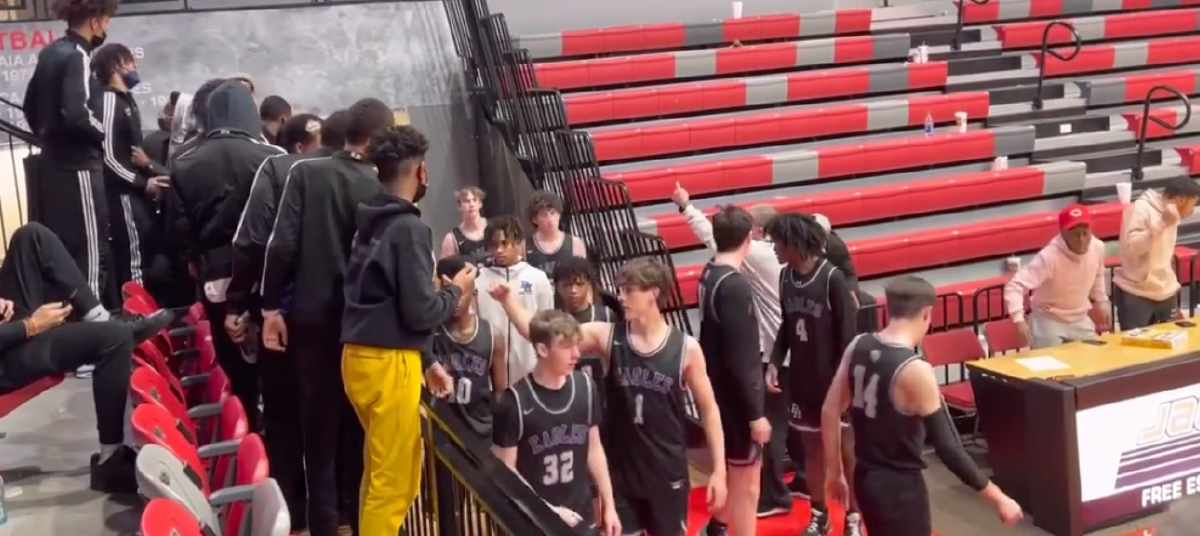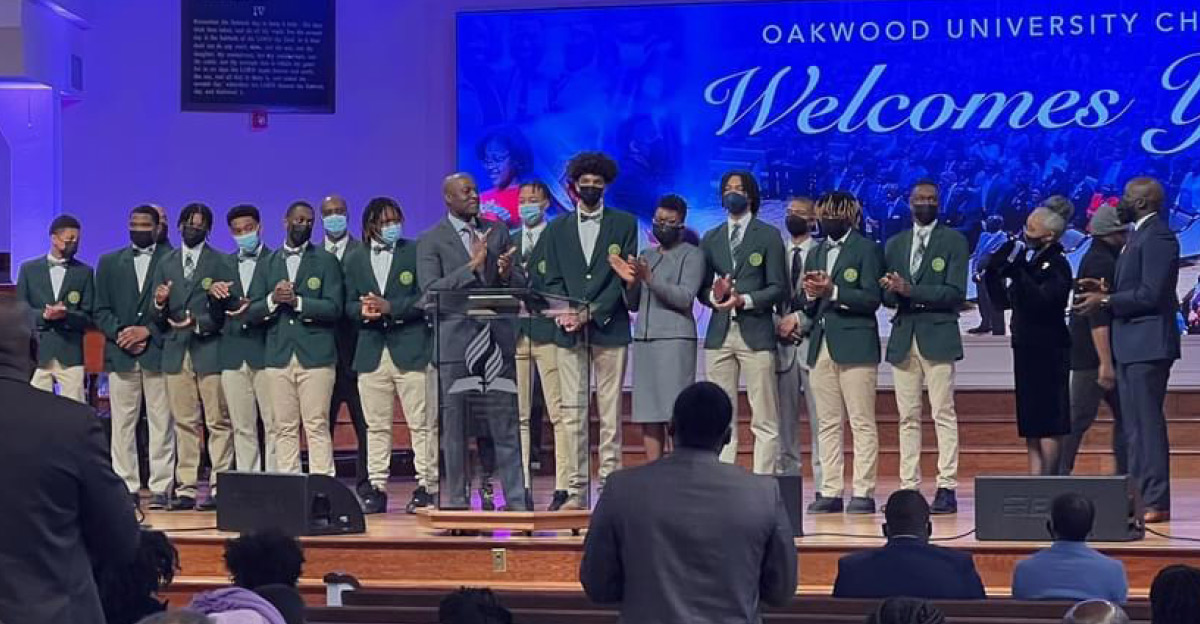


Then the unexpected happened. During the 2021-2022 basketball season, the team’s best season in school history, they earned a spot in the playoffs. The dream of winning a championship was so close they could smell it. But their dream collided with destiny.
The playoff schedule showed Oakwood’s semi-final game scheduled for 4:30 p.m. on a Saturday—before sundown; during the Sabbath hours, of which they are observant. No worries, though. The coach contacted the AHSAA and requested accommodations for their Sabbath observance.
“No” was the answer.
Being proactive, the OAA coach contacted the other schools and asked if the teams would be willing to switch times, allowing OAA to play at 7:30 p.m., after Sabbath hours. All of the contacted schools agreed. The OAA coach requested accommodations from the AHSAA—again—in light of the other schools’ willingness to swap times.
“No,” was the answer.
And there it was—destiny—the dream versus principle.
Alabama Gov. Kay Ivey sent a letter to the school, praising the team for standing up for their beliefs and inviting them to Montgomery for a visit with her. She also sent a letter to the AHSAA asking for answers as to why OAA was refused a simple request for religious accommodation (accommodations that even the National College Athletic Association offers).
“Few things are more important to Alabamians than their faith,” Ivey’s letter said. “Indeed, a sincere commitment to faith is one of the defining hallmarks of our great State.”
Against this backdrop, OAA has filed a First Amendment lawsuit against the AHSAA for religious discrimination. Yet against this backdrop, on what legs does the lawsuit stand?
Although the AHSAA looks like a private organization, “the state legislature has granted them governmental power,” says Eric Rassbach, an attorney with the Becket Law Firm that is representing OAA in the lawsuit (Becket is a non-profit law firm that specializes in religious liberty cases). Because AHSAA has monopolistic status—it is the only association governing and controlling public high school athletics in Alabama—its decision-making power impacts a wide swath of people. Thus, the state legislature sees it as a governmental agency, and it is subject to operate under the U.S. Constitution.
According to Rassbach, in 1968 a district court designated the AHSAA as a “state actor” in response to a racial discrimination lawsuit filed against it to force the desegregation of the association. As a result, the AHSAA was put under a federal mandate to desegregate, an order that still governs its operations today.
The lawsuit also notes that the AHSAA bylaws prohibit any games being scheduled for, or played on, Sundays. This gives automatic religious accommodations to other private Christian school teams who are AHSAA members and observe Sunday as their Sabbath. In addition, the AHSAA makes scheduling exceptions for issues of public safety, health, acts of God, and other uncontrollable or unforeseen circumstances.

The tournament outcome was not the one of earthly dreams; and time will tell the outcome of the lawsuit. But the outcome of the team’s spiritual destiny was becoming a national witness of their biblical beliefs and practice, which aligns with a desire for an eternal destiny.
“’For what profit is it to a man if he gains the whole world, and is himself destroyed or lost?’” (Luke 9:26, NKJV)